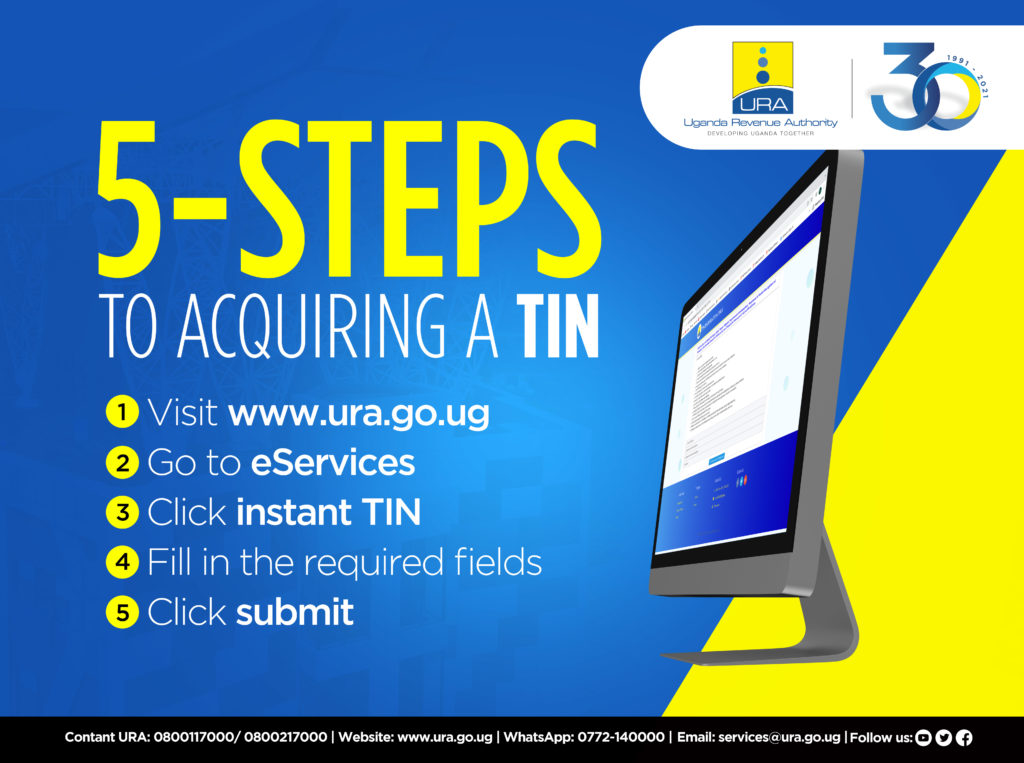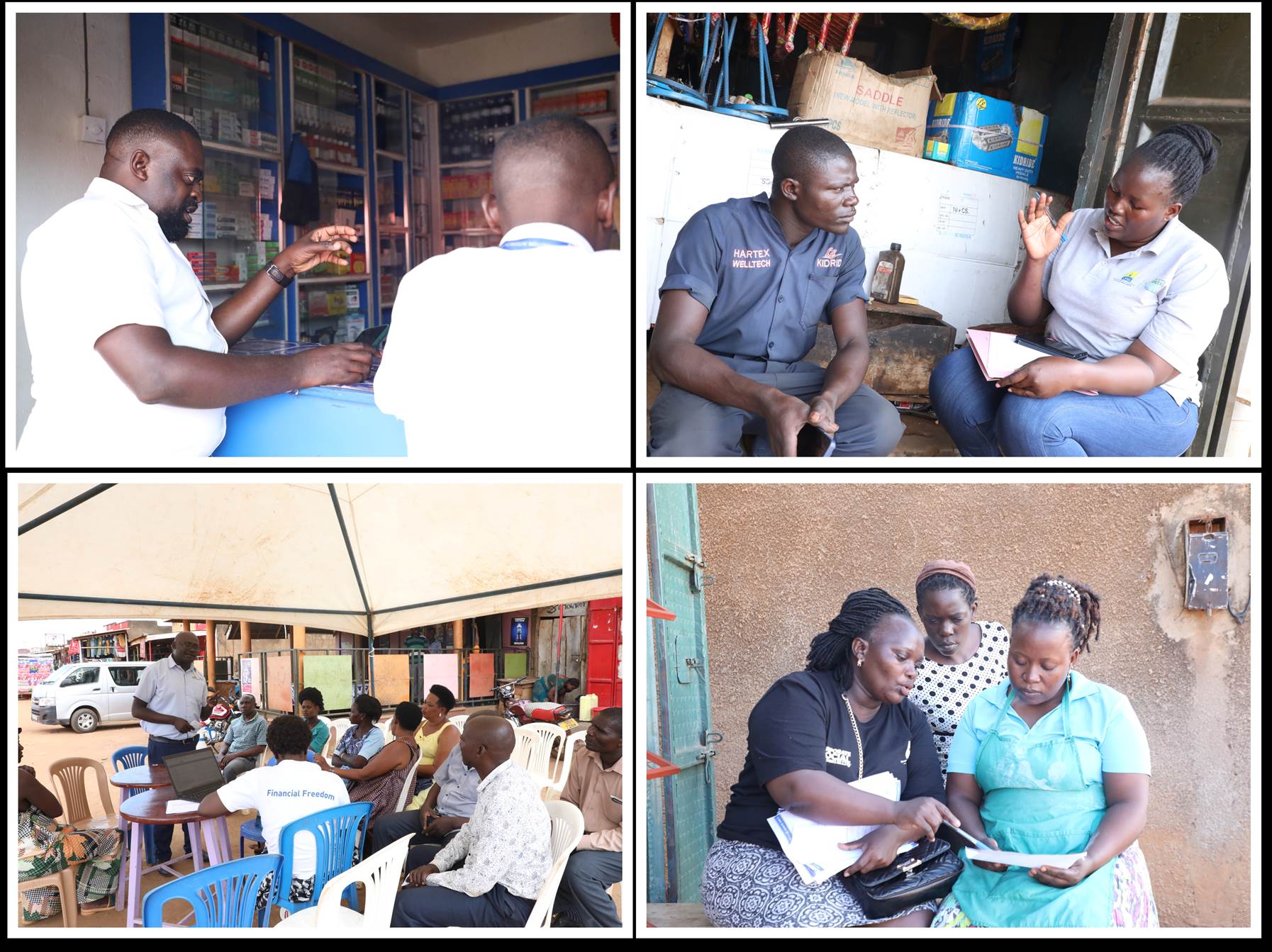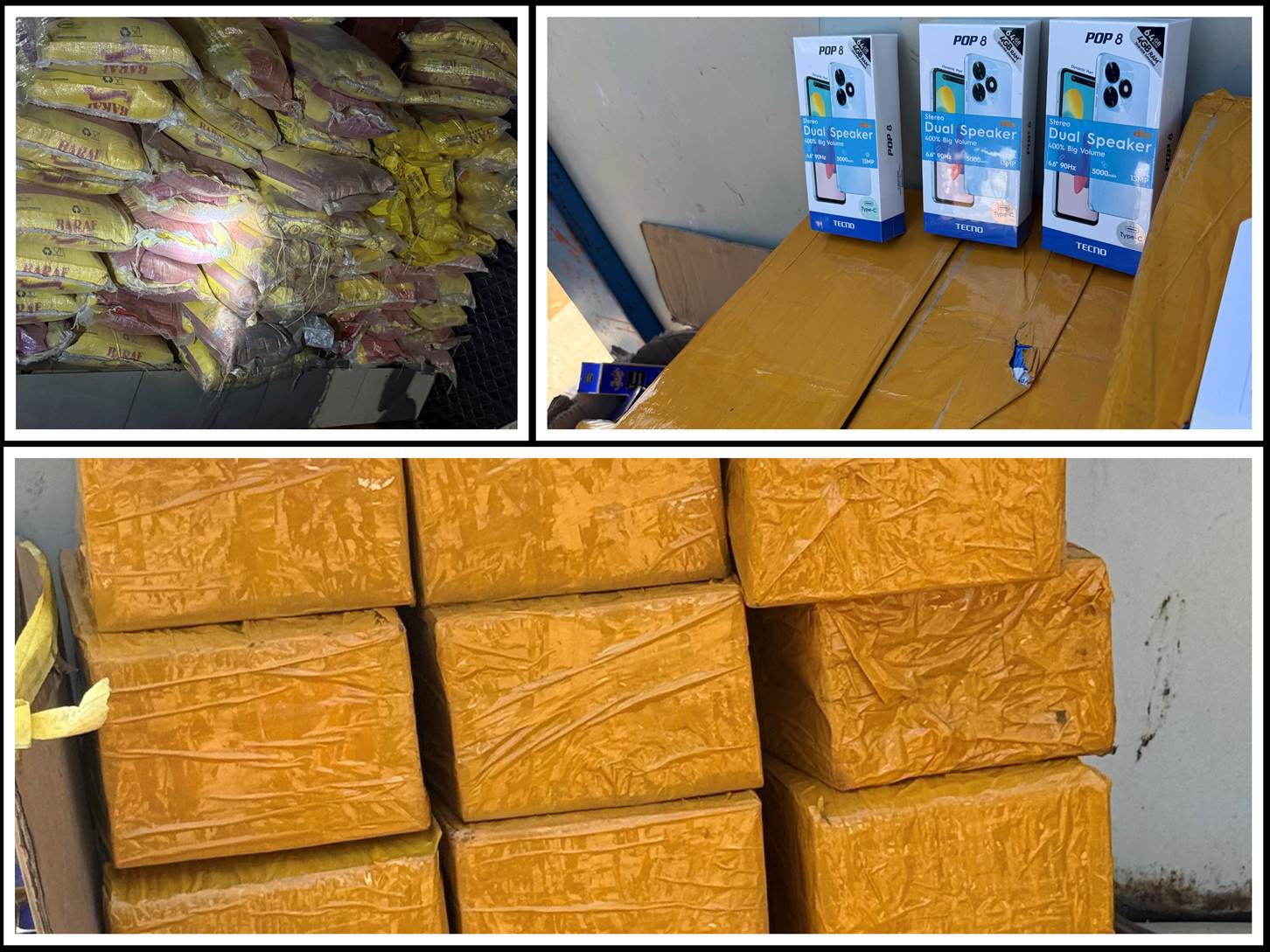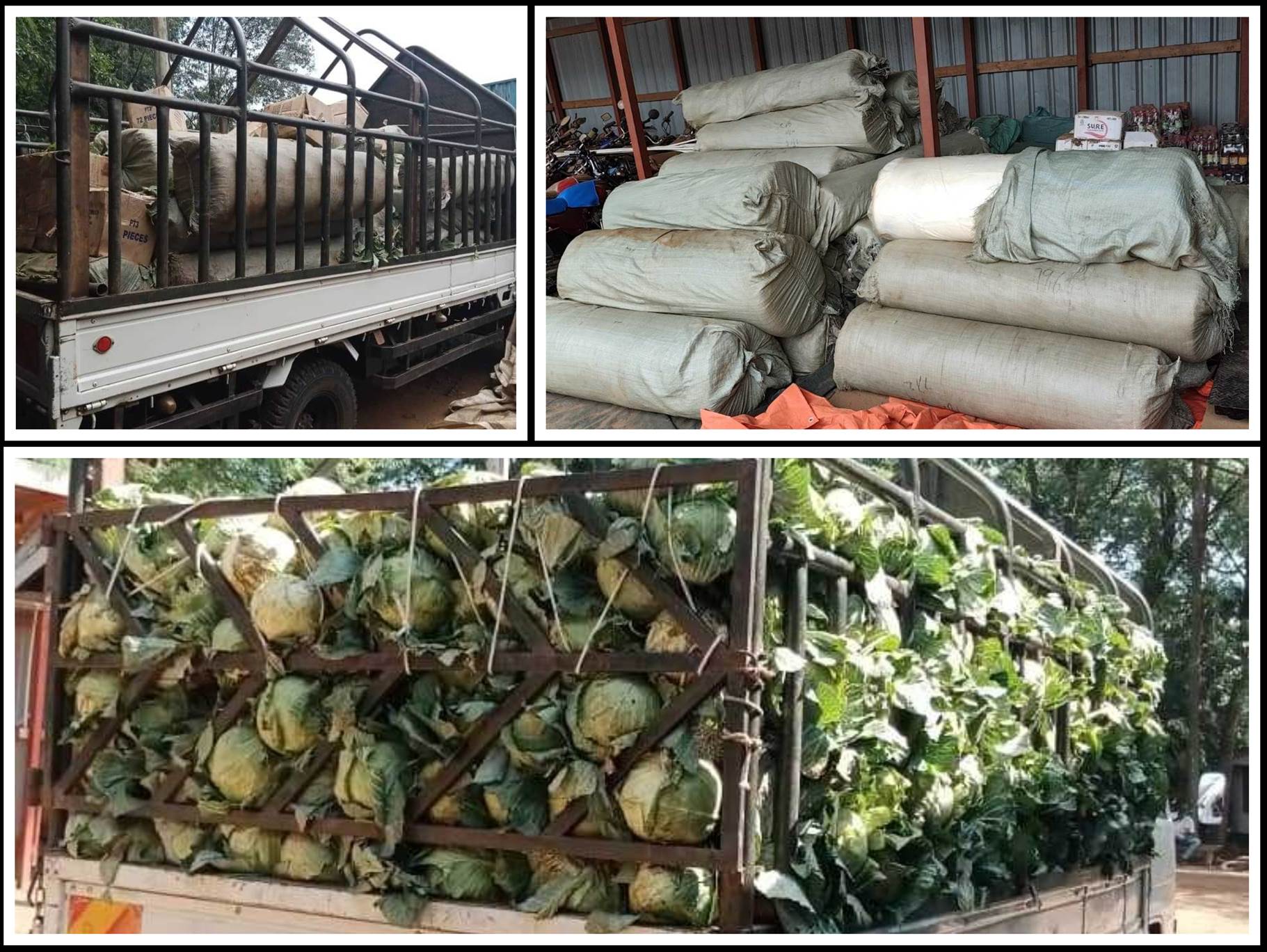Value Added Tax (VAT) is an indirect tax on consumption charged on value-added to taxable supplies at different stages in the chain of distribution. In Uganda, VAT is imposed on the supply of goods and services (taxable supplies) made by a taxable person, other than exempt supplies and imports other than exempt imports.
KEY DEFINITIONS
- TAXABLE SUPPLIES: Taxable supplies are goods or services made in Uganda by a taxable person, i.e. persons registered or required to register for VAT purposes. Such supplies are either standard rated or zero rated – meaning that they are not exempted from VAT and are supplied for a consideration.
Standard rated supplies: These are those supplies where VAT charged is 18%
Zero-rated supplies: These are supplies charged VAT at a rate of 0%. Such supplies are listed in the third schedule to the VAT Act. They, among others, include all exports and supply of drugs and medicines manufactured in Uganda and the supply of cereals where such cereals are grown and milled in Uganda.
Examples of taxable supplies liable to VAT
- Sales of business assets (e.g. equipment, furniture, commercial vehicles);
- Hire or leasing/letting of goods to someone else for consideration;
- Goods which you or your families have taken from the business for your own use;
- The commission received in return for selling something on behalf of someone else.
- Sales to your staff or relatives (e.g. your products supplied free of charge or at reduced prices);
- Sales from vending machines;
2. EXEMPT SUPPLIES: Exempt supplies are supplies of goods and services which do not attract VAT. These are specified in the second schedule to the VAT Act. Examples of exempt supplies include;
- Health insurance and life insurance services
- Petroleum fuels,
- Social welfare services
- Educational services,
- Financial Services
- Passenger transportation services
NOTE: A person dealing only in exempt supplies is not expected to register for VAT, while one dealing in zero-rated supplies is expected to register in case they meet the registration requirements.
3. CONSIDERATION: This is payment that may be received in money form or in kind, wholly or partly when a person makes a taxable supply.
4. A PERSON: A person includes an individual, a partnership, a trust, a company, a retirement fund, a Government, a political subdivision of government and a listed institution
5. A TAXABLE PERSON: A taxable person is:
- A person who is registered for VAT.
- A person who is not registered but is required to be registered for VAT.
6. INPUT TAX: Input tax means the tax paid or payable in respect of purchases or on imports of taxable goods or services by a taxable person; for example, if one is manufacturing water and buys packaging material, the VAT that person is charged on packaging material is input VAT.
7. OUTPUT TAX: This is the VAT charged by a taxable person upon making a taxable supply. When a person is registered for VAT, they will charge VAT on all the taxable supplies they make; that VAT charged is output tax.
8. VAT PAYABLE or CLAIMABLE: Where a person’s output VAT is greater than the input VAT, the difference is VAT payable to URA. However, in case the person’s input VAT is more than the output VAT, the difference is VAT claimable, and the person who has such a position may opt to get a refund from URA if the amount is more than 5 million shillings, offset it against any VAT payable or push it forward to meet any VAT that may arise in future.

REGISTRATION FOR VAT
Who is required to register for VAT? A person who carries on business activities or intends to carry on business activities is required to apply to be registered for VAT if the taxable turnover of that person for three consecutive calendar months exceeds or is likely to exceed Shs 37.5 million. The annual registration threshold is 150m.
Note: Threshold means the amount above which a person is supposed to register and account for VAT, while turnover means total value (sales-not profit) of all a person’s taxable supplies (including exports) made in Uganda. These supplies can be zero-rated or standard rated.
A person being a national, regional, local or public authority or body which carries on business activities or intends to carry on business activities is required to apply to be registered for VAT regardless of the turnover.
What does one need to consider before registering? Registration for VAT can happen under two circumstances, i.e. when a person applies voluntarily or compulsorily
- Voluntary Registration: The Commissioner General shall register a person who applies for registration voluntarily and issue that person a certificate of registration (TIN) unless the Commissioner General is satisfied that;
- the person has no fixed place of abode or business; or
- the Commissioner General has reasonable grounds to believe that that person:
- Will not keep proper accounting records relating to any business activity carried on by that person;
- Will not submit regular and reliable tax returns; or
- Is not a fit and proper person to be registered
- Administratively, the Commissioner General may also not grant registration if a person
- Has no bank account
- Has previously been registered for VAT purposes but failed to perform his duties under the VAT law
2. Compulsory RegistrationIf one made taxable supplies during the past three calendar months whose gross value, exclusive of VAT, exceeded Shs. 37.5 million, then one has to register for VAT immediately. Or, if one reasonably expects that the total value of your taxable supplies is likely to exceed Shs.37.5 million during the next three calendar months, then one must register for VAT. Remember that even if one doesn’t qualify to register at present, and in future their taxable turnover increases to the level mentioned above, one will be required by law to register at that point.
How does one calculate turnover?
Turnover is calculated on an ongoing basis. Therefore, two periods should be considered – the past three calendar months and the next three calendar months (consecutive months).
At the end of each calendar month, one should ascertain the total value of taxable goods and services supplied for the past three months. Where the total exceeds Shs 37. 5 million, a person is required to register for VAT. Or, If, after estimating the total value of supplies for the next three months, one expect your turnover to exceed Shs 37. 5 million, then you are required to register.
Can one be registered if turnover is below the threshold/limit?
Yes, if the taxable turnover is below the 37. 5 million limits in any three calendar months of business activity, one may apply for voluntary registration. However, one will have to satisfy the Commissioner General that they have a fixed place abode, are able to keep proper records and are fit and proper person Voluntary registration is at the discretion of the Commissioner General. However, in case one’s application is rejected, they will be notified of the reasons for the refusal given.
How does one account for VAT if the value of supply is not clear?
VAT on any goods or services where value is not clearly defined should be accounted for based on the fair market value when the supply is made, e.g. barter trade, gifts, own use.
What are the obligations after VAT registration?
- Charge and collect VAT on supplies by issuing a Tax Invoice. Currently this all VAT r
egistered taxpayers are required to enrol for the Electronic Fiscal Receipting and Invoicing Solution – EFRIS and issue invoices and receipts online - File a VAT return within 15 days after the end of the month
- Pay VAT due as assessed in one’s return within 15 days after the end of the month. Currently, when the return is filed, the payslip is automatically generated
- Maintain Proper Records
- Avoid making reckless, false and misleading statements
Benefits of VAT registration
- Being in a position to supply large and or credible business which leads to more profits and growth
- Avoiding inconveniences arising from unfair assessments
- Avoiding offences related to VAT registration, return filing and failure to pay
Penalties related to VAT
Offence; Failure to apply for registration, cancel a registration or notify the Commissioner of a change in registration or circumstances
Penalty: A fine not exceeding Shs. 3,000,000 or imprisonment not exceeding six years or both on conviction if the failure/act was done knowingly or recklessly; A fine not exceeding Shs. 1,000,000 or imprisonment not exceeding two years or both on conviction in any other case; A person who fails to apply for registration when required to do so is liable to pay a penal tax equal to double the amount of tax payable during the period they remain unregistered.
Offence; Failure to furnish a return by the due date
Penalty: A fine not exceeding Shs. 2,000,000 or imprisonment not exceeding six years or both on conviction A person who fails to lodge a return within the required time is liable to pay a penal tax amounting to whichever is the greater of Shs. 200,000; or interest at 2% per month, compounded for the period the return is outstanding.
Offence; Knowingly or recklessly failing to maintain proper records
Penalty: A fine not exceeding Shs. 2,000,000 or imprisonment not exceeding six years or both on conviction.
Offence; Failure to pay tax before or on the due date.
Penalty: Penal tax on unpaid tax at a rate of 2%, compounded











